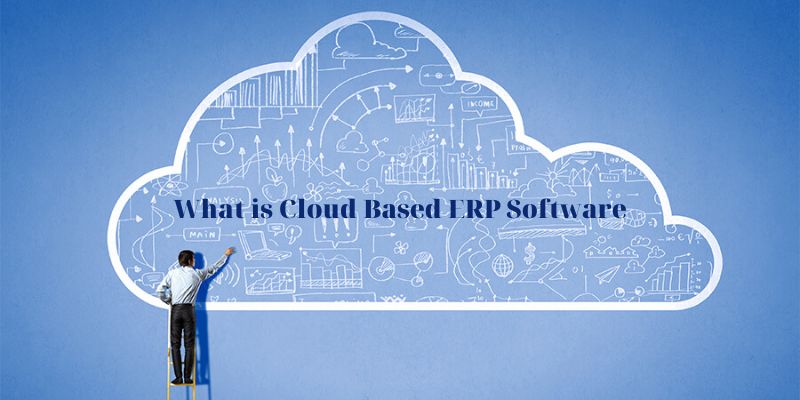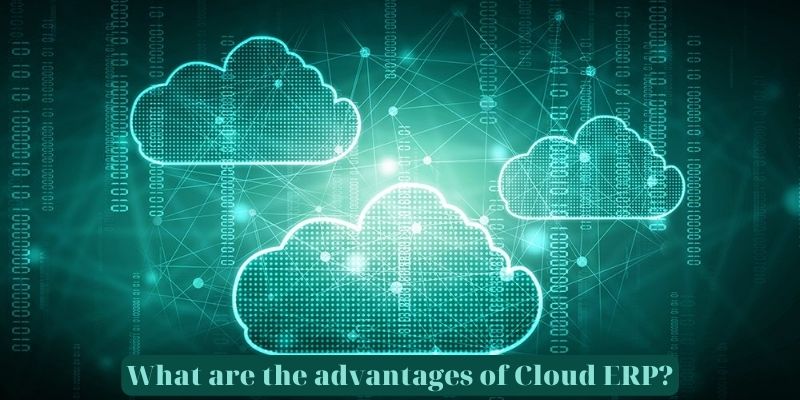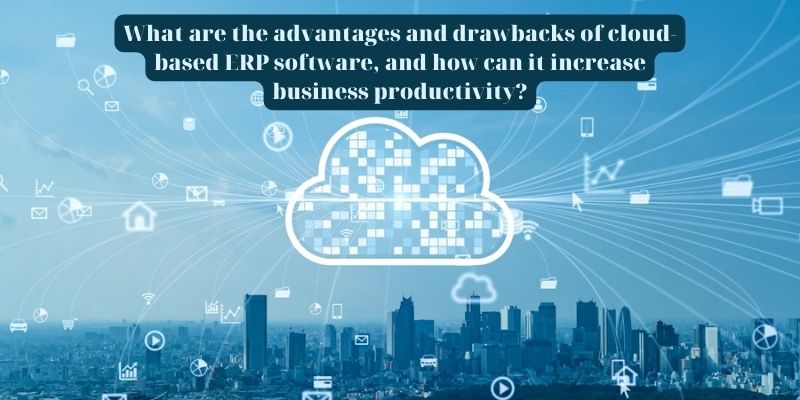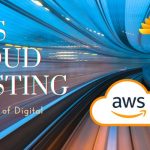What is Cloud Based ERP Software? With today’s businesses trying to operate efficiently while adapting to evolving requirements, expectations, and technology, “What is ERP software?” has become a popular question. To answer it, newtimezz.com must start by explaining what the acronym stands for: Enterprise Resource Planning.
ERP, as the name suggests, covers all aspects of resource management for businesses of all sizes. The phrase “resources” can refer to a variety of things, including but not limited to supplies, machinery, laborers, and money. Through a single, centralized application and interface, firms using ERP software may manage these resources and combine several departments, including sales, financials, accounting, and customer relationship management (CRM). All employees have access to corporate data that is synced and shared by the ERP software, instantly bringing everyone up to speed.
What is Cloud Based ERP Software?

Companies may access all of the aforementioned advantages of ERP software online thanks to cloud based erp software systems. These technologies fall under two categories: private clouds and software as a service (SaaS).
In private cloud ERP, the necessary hardware and software are physically located in a business’s own facility, and its IT department is responsible for deploying, securing, and maintaining the system. Employees might only be able to access the system remotely using a third-party program and/or device, and initial fees can be significant.
When cloud based erp software is delivered as a SaaS deployment, users can access the system whenever, from wherever—as long as they have an internet connection and a browser-enabled device. A game-changer for companies with mobile workers, field personnel, and many sites is this “anytime, anywhere” connectivity. The customer’s IT staff are free to consider other growth-enhancing strategies as the cloud based erp software vendor also handles security, updates, and upgrades.
In some cases, as with Acumatica, businesses can also choose to deploy their ERP software as a hybrid of the private cloud based erp software and SaaS approaches.
What are the advantages of Cloud ERP?

One of the biggest advantages of Cloud ERP software (specifically, Acumatica) is its almost limitless customizability. Add-on solutions, role-based dashboards, open APIs, and industry-specific functions—all these combine to give companies unparalleled data visibility, powerful decision-making tools, and a future-proof platform for success.
Companies can implement Acumatica Cloud ERP’s General Business Edition or choose editions that have been tailored to the needs of their specific industries: Construction, Distribution, Manufacturing, Retail-Commerce, Services
Take a look at the construction industry to get a better idea of the advantages of sector-specific ERP. The construction industry has a lot of moving components. The office and field teams collaborate to finish numerous projects on schedule and within budget, but problems might occur when they lack the most recent information. A complete, real-time perspective of the business that instantaneously connects all team members is provided by construction-specific ERP software, which integrates systems and applications including financials, job cost accounting, project management, inventory, CRM, payroll, and more.
As if that weren’t enough, every instance of Acumatica Cloud ERP, regardless of industry edition, can also be customized with additional modules.
And the Acumatica Marketplace is filled with solutions, designed by our technology partners, that can extend the Acumatica interface to meet your unique business needs.
What are the advantages and drawbacks of cloud-based ERP software, and how can it increase business productivity?

Investing in cloud-based ERP software carries some risks, just like any major purchase of a good or service. However, these risks may be reduced with careful preparation, and the advantages that cloud ERP systems offer much outweigh their drawbacks.
Risks of ERP Investment
- Lack of leadership buy-in, resulting in the ERP purchase and implementation not happening at all
- Lack of organizational buy-in, resulting in employees not using the ERP software and the company not reaping the rewards of automated business and management processes
- Lack of training, resulting in sub-par use of the ERP system
Benefits of Cloud ERP Software
-
Strong automation that streamlines repetitive tasks and eliminates manual workarounds
-
A central hub that links many programs and systems and keeps data from all divisions in a readily searchable, current database
-
The system is accessible around-the-clock, eliminating geographic restrictions.
-
Automated processes (such as those for approving Purchase Orders or Accounts Payable procedures)
- Customizable dashboards and reports
- An end to month-end headaches caused by human error or disconnected systems—duplicate data entry, delayed financial reporting, incomplete or erroneous transaction entries, etc.
-
Having the capacity to manage several enterprises with a single system and uniform reporting
-
Hardware and data servers, IT support, and system updates/upgrades are all managed by the vendor, so consumers do not have to pay for infrastructure and ongoing maintenance.
- Reduced strain on in-house IT teams
- Fast, vendor-supported implementation
- Flexible licensing that allows customers to adjust their use of the ERP system according to fluctuating needs (e.g., add/remove applications, add/remove users, etc.)
- Strong, vendor-guaranteed data security (such as restricted physical access to the equipment, environmental protection, protection from unforeseeable disasters, and routine system maintenance)
- Adaptable software that scales with the customer’s business





